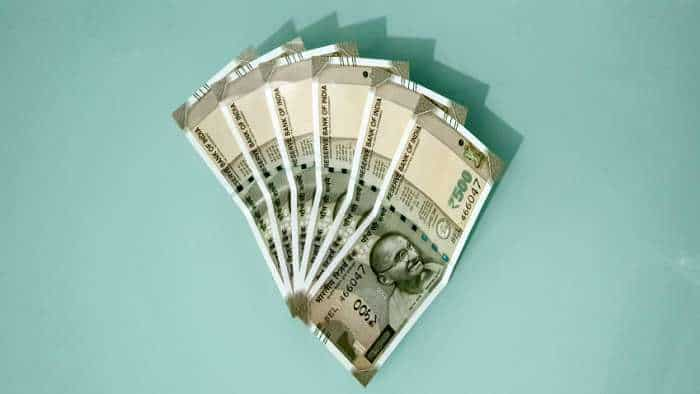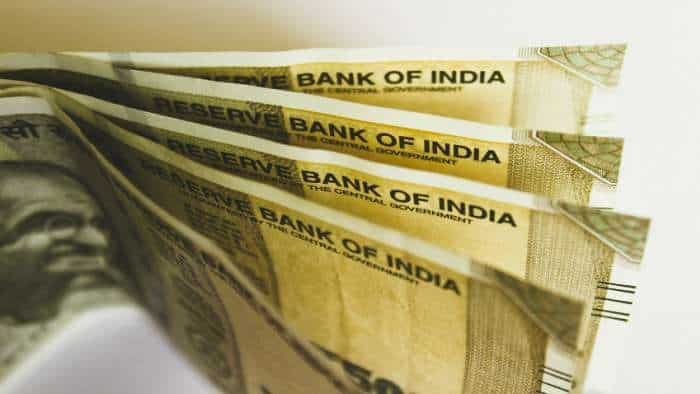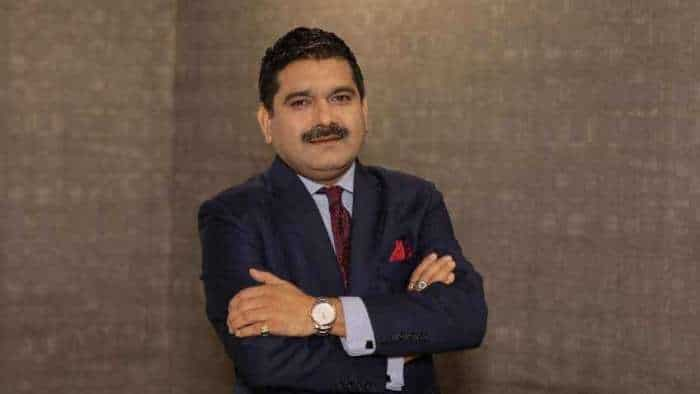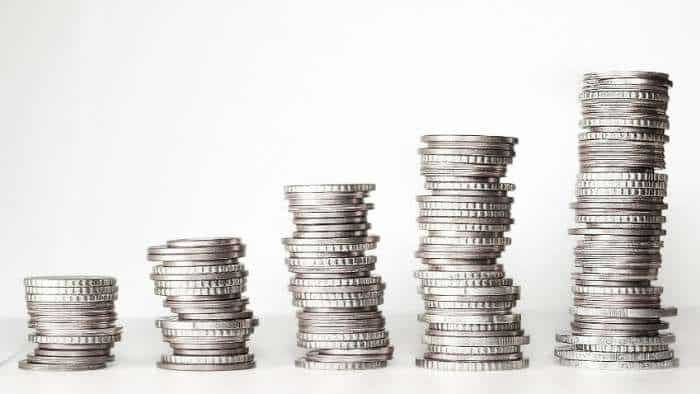Arm sues Qualcomm, aiming to unwind Qualcomm's $1.4 billion Nuvia purchase
Qualcomm acquired Nuvia shortly after Apple ditched Intel to begin using its own chips, which are also based on Arm technology, in its Mac laptops.

Arm is seeking an injunction that would require Qualcomm to destroy designs developed under Nuvia’s license agreements with Arm. Arm alleged its approval was needed before these could be transferred to Qualcomm. Qualcomm, which acquired Nuvia for $1.4 billion last year, said Arm has no right to interfere with Qualcomm’s or NUVIA's innovations.
"Arm’s complaint ignores the fact that Qualcomm has broad, well-established license rights covering its custom-designed CPU’s, and we are confident those rights will be affirmed,” saidAnn Chaplin, General Counsel of Qualcomm in a statement.
If Arm's effort is successful it would essentially unwind one of Qualcomm's biggest strategic acquisitions in recent years. The lawsuit represents a major break between Qualcomm and Arm, one of Qualcomm's most important technology partners. Qualcomm has relied on Arm since it stopped designing its own custom computing cores. But in recent years, the companies have been at odds.
Some inside Qualcomm have privately complained that Arm’s pace of innovation is slackening, causing Qualcomm’s chips to fall behind Apple’s processors in performance. Qualcomm bought Nuvia, founded by former Apple chip architects, to reboot its efforts to make custom computing cores that would be different from standard Arm designs used by rivals such as Taiwan chip designer MediaTek Inc. (2454.TW).
One of Qualcomm's first goals with Nuvia's technology is to challenge Intel Corp (INTC.O)and Advanced Micro Devices Inc in the PC and laptop markets which they now dominate. Qualcomm acquired Nuvia shortly after Apple ditched Intel to begin using its own chips, which are also based on Arm technology, in its Mac laptops.
Apple's move reinvigorated Mac sales, and Qualcomm CEO Cristiano Amon told Reuters he wanted to use Nuvia's Arm-based designs to do the same thing for the Windows-based laptop market. Arm would still make more money because Qualcomm pays it a royalty on each chip it sells that uses its technology. But it is possible the royalty rates could be lower under Nuvia's deal with Arm.
The arrangement highlights how much the two companies depend on each other, said Bob O'Donnell of TECHnalysis Research "Qualcomm’s opportunity moving forward with the PC (and potentially server) business is utterly dependent on Nuvia designs, and Nuvia is the primary means by which Arm can get into Windows PCs. So the companies really need to partner well if they want to have a meaningful impact on the PC market," he said.
The deal was seen as a way for Qualcomm to lessen its reliance on Arm. In the past, most of Qualcomm's chips have used computing cores licensed directly from Arm, while Nuvia's cores use Arm's underlying architecture but are custom designs.
For Qualcomm, using more custom core designs - a move that Apple has also made - could lower some licensing costs to Arm in the short term and make it easier to move to a rival architecture in the longer term. A source close to Arm said that its licenses with Qualcomm were not in dispute and that only technology developed under Nuvia's licenses was being contested in the lawsuit.
Get Latest Business News, Stock Market Updates and Videos; Check your tax outgo through Income Tax Calculator and save money through our Personal Finance coverage. Check Business Breaking News Live on Zee Business Twitter and Facebook. Subscribe on YouTube.
RECOMMENDED STORIES

SBI Green Rupee Deposit 2222 Days vs Canara Bank Green Deposit 2222 Days FD: What Rs 7 lakh and Rs 15 lakh investments will give to general and senior citizens; know here

Top 7 SBI Mutual Funds With Highest SIP Returns in 15 Years: No. 1 scheme has turned Rs 12,222 monthly SIP investment into Rs 1,54,31,754; know about others too

Top 7 Large Cap Mutual Funds With Highest SIP Returns in 3 Years: Rs 23,456 monthly SIP investment in No. 1 fund is now worth Rs 14,78,099
02:06 PM IST









 Cyberattack on Qualcomm exposes various smartphones: Check the details inside
Cyberattack on Qualcomm exposes various smartphones: Check the details inside Qualcomm Snapdragon 7s Gen 3 promises to bring AI experiences to more affordable smartphones
Qualcomm Snapdragon 7s Gen 3 promises to bring AI experiences to more affordable smartphones Qualcomm Snapdragon 4s Gen 2: India-specific chip to bring 5G smartphone prices under Rs 8,000
Qualcomm Snapdragon 4s Gen 2: India-specific chip to bring 5G smartphone prices under Rs 8,000 Chipset battle heats up as younger demographics recognise value of AI-powered features: Study
Chipset battle heats up as younger demographics recognise value of AI-powered features: Study Qualcomm ends bid to buy Israel's Autotalks after antitrust probe
Qualcomm ends bid to buy Israel's Autotalks after antitrust probe